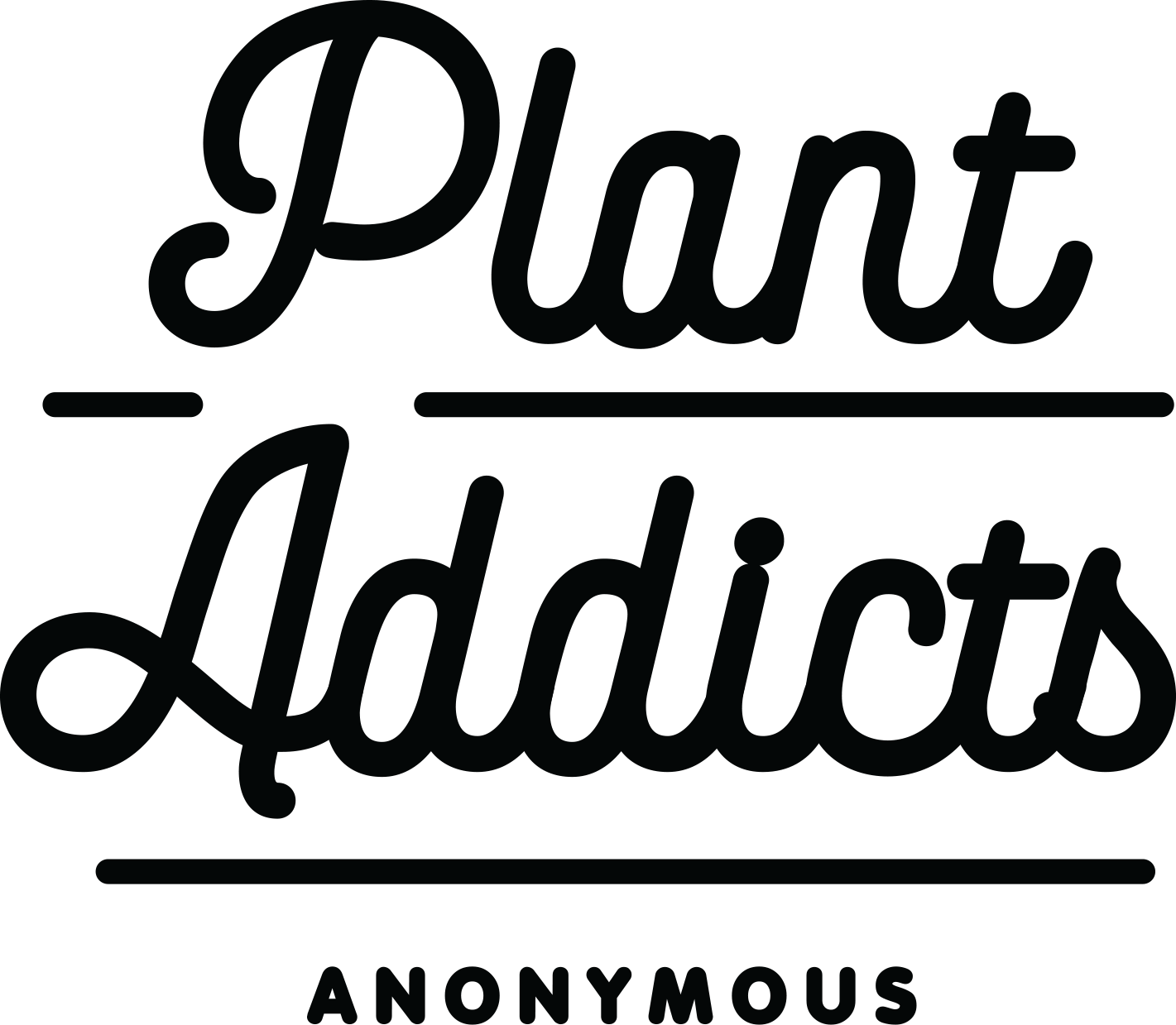There are so many reasons to add houseplants to your home - they help purify the air, they can boost productivity, they have been shown to improve mental health, and they just look awesome. Unfortunately, some species are dangerous (and in some cases fatal) to dogs. We have created a list of 10 common house plants that are toxic for dogs so that you can make sure to avoid them as a dog parent! It is important to note that if you suspect that your dog has consumed any of these plants, it is vital that you contact your veterinarian immediately.
1. Spathiphyllum sp. ‘Peace Lilies’
Many people choose peace lilies as houseplants because they are beautiful and easy to care for. However, they are super toxic to dogs. If your dog eats a peace lily, they may experience vomiting, diarrhoea, and difficulty breathing. In severe cases, the consumption of a peace lily can lead to death. With prompt treatment, most dogs make a full recovery, however, it's best to err on the side of caution and keep peace lilies out of reach from your furry friend.
2. Aloe vera
If you have a dog, you might want to think twice before adding an aloe vera plant to your home. Although the succulent is often lauded for its healing properties, it can be poisonous to dogs if ingested. The sap of the aloe vera plant contains a substance called aloin, which can cause vomiting and diarrhoea in dogs. In severe cases, it can lead to dehydration and liver damage.
3. Epipremnum aureum ‘Devil’s Ivy’
Devil's Ivy (also known as pothos) is a very common houseplant. They are quite easy to maintain and add that perfect pop of greenery to your home, but they are toxic to our furry friends! This plant can cause symptoms such as vomiting, diarrhoea, and drooling. While it's not typically fatal, it can still make your pup very sick.
4. Dieffenbachia sp. ‘Dumb Cane’
While Dumb Cane is an attractive and easy-to-care-for houseplant, it is toxic to man’s best friend. All parts of the plant contain calcium oxalate crystals, which can cause swelling and irritation of the mouth and throat. In severe cases, ingestion of Dumb Cane can lead to difficulty breathing and vomiting. By taking simple precautions, like keeping it out of reach, you can enjoy your Dumb Cane without putting your furry friend at risk.
5. Philodendron sp.
One plant that is particularly dangerous for dogs is Philodendron. All parts of the plant are toxic, and if ingested, it can cause vomiting, diarrhoea, and difficulty breathing. In severe cases, it can even lead to death. If you have a philodendron in your home and you also have a dog, it's important to take precautions to keep your pet safe. In other words, keep this plant out of reach!
6. Strelitzia sp. ‘Bird of Paradise’
Many people are drawn to the Bird of Paradise because of its beautiful flowers. However, what some people don't realize is that this beautiful plant is actually toxic to dogs. The toxins in this plant can cause gastrointestinal upset, including vomiting and diarrhoea. In severe cases, the toxins can even lead to liver damage. With prompt treatment, most dogs will make a full recovery.
7. Alocasia sp.
Alocasia is a popular plant known for its large, heart-shaped leaves. While it can make a beautiful addition to your garden, it’s important to note that it is toxic to dogs. The plant contains oxalic acid, which can cause drooling, vomiting, and difficulty swallowing. In severe cases, it can lead to kidney damage. If you have a dog and an alocasia plant, be sure to keep them out of reach of each other.
8. Syngonium podophyllum ‘Arrowhead Plant’
Many people are surprised to learn that the arrowhead plant is toxic to dogs. While the plant is not deadly, it can cause nausea, vomiting, and diarrhoea if ingested. In severe cases, it can also lead to liver damage.
9. Zamioculcas zamiifolia ‘ZZ Plant’
While the ZZ plant is a beautiful, low-maintenance houseplant, it is in fact toxic to dogs. The plant contains an irritant called saponin and calcium oxalate crystals, both of which irritate the digestive tract and can cause vomiting and diarrhoea if ingested. In severe cases, consumption of the plant may lead to difficulty breathing and seizures. Symptoms may not appear for several hours, so it is best to err on the side of caution with this one.
While houseplants can add beauty and life to your home, it's important to be aware that some of them can be toxic to dogs if ingested. If you have a dog and houseplants, make sure to do your research to find out which plants are safe and which ones to avoid. If you suspect that your dog has eaten a poisonous plant, contact your veterinarian immediately. By taking some simple precautions, you can enjoy your houseplants without worry, simply ask us in store and we’ll guide you on what’s best for your furry friends!

